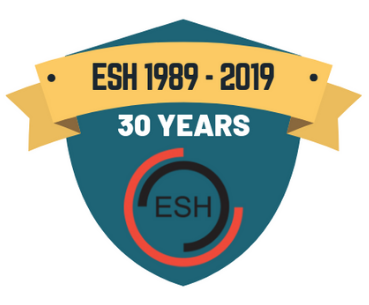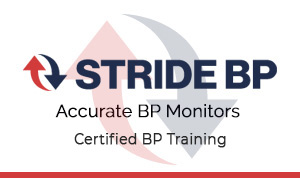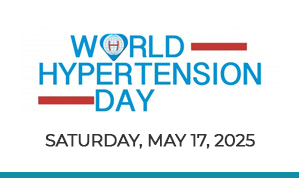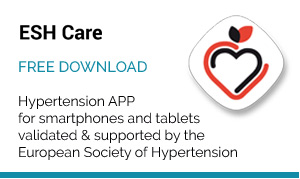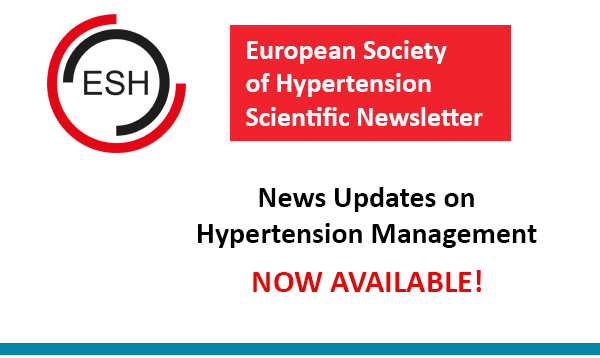21st European Meeting on Hypertension and Cardiovascular Prevention
A prospective study has shown that increased central blood pressure (BP) predicts memory deficits in otherwise healthy middle-aged adults, and may be a risk factor for cognitive decline. Matthew Pase, Swinburne University of Technology, Hawthorn, Australia, presented the results of the study.
Pulse pressure and pulse wave velocity are known predictors of age-related cognitive decline in elderly patients. However, previous research has also failed to identify which hemodynamic measure is most closely associated with cognitive performance. Furthermore, the relationship between blood pressure and cognitive performance in otherwise healthy middle-aged adults is unclear. In the current study, researchers evaluated the relationship between several measures of arterial stiffness and cognitive performance in middle-aged adults with no history of cardiovascular disease, diabetes, stroke, hypertension, smoking, or concomitant medication use.
The study included 92 adults aged 40 to 65 years. A noninvasive sphygmometer device was used to measure central pulse pressure and central augmentation index as markers of arterial stiffness. Patients underwent testing with the cognitive drug research (CDR) computerized system to detect subtle changes in specific domains of cognitive performance, including speed and accuracy of attention and speed and quality of memory. Memory-specific cognitive functions and processing speed are known to decline with age.
Higher central pressure independently predicted poorer memory-specific cognitive performance in this sample of otherwise healthy adults. The speed of memory slowed with increasing central pressure, as measured by pulse pressure (r = 0.24; p <0.01) and augmentation index (r = 0.20; p <0.05). Quality of secondary memory also declined with increasing aortic pulse pressure (r = -0.29; p <0.01) and increasing aortic systolic pressure (r = -0.24; p <0.05).
In an age-adjusted regression analysis, increased central pressure and arterial stiffness were associated with a 6% to 7% decline in secondary memory, working memory, and speed of memory. Although modest, these deficits are clinically significant for middle-aged persons with no other health issues, Prof. Pase said.
Patients were also vulnerable to deficits in processing speed as a result of increased central pressure and arterial stiffness, as measured by aortic pulse pressure (r = 0.22; p <0.05) and augmentation index (r = 0.18; p <0.05). However, no association was found between intelligence quotient (IQ) and augmentation index (p = 0.35) or pulse pressure (p = 0.32).
For all measures of cognitive performance, central BP provided greater predictive value than brachial BPs. Therefore, future correlative studies should include central BP as a primary tool for hemodynamic assessment.
The findings underscore the need to evaluate whether treatments designed to reduce arterial stiffness may also protect cognitive function or attenuate its decline with age. Prospective studies are needed to demonstrate whether reducing arterial stiffness and central BP can improve cognitive outcomes in healthy and cognitively impaired individuals, Prof. Pase concluded.
Further Reading:
Pase MP, Pipingas A, Kras M, et al. Healthy middle-aged individuals are vulnerable to cognitive deficits as a result of increased arterial stiffness. J Hypertens. 2010;28(8):1724-729.

